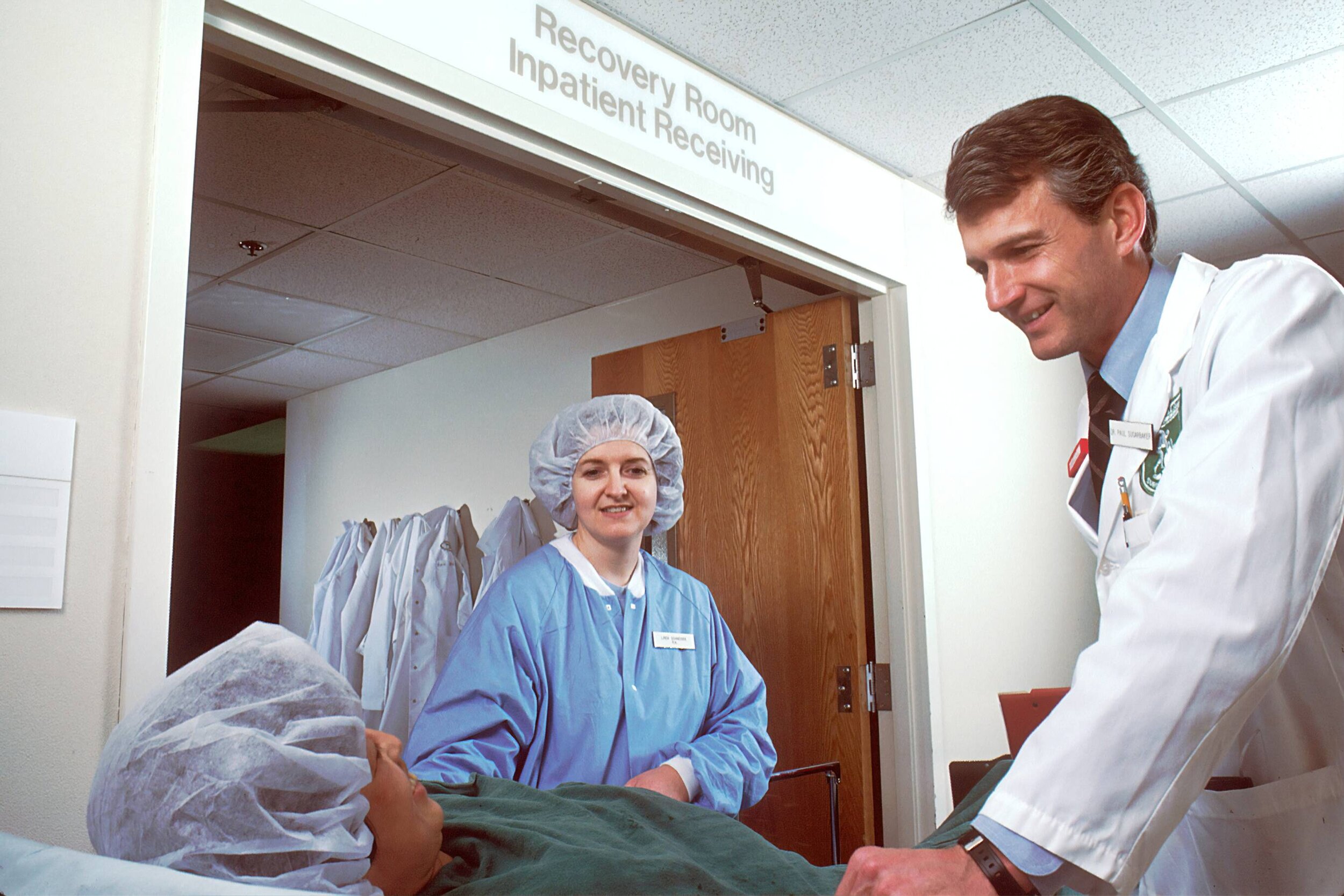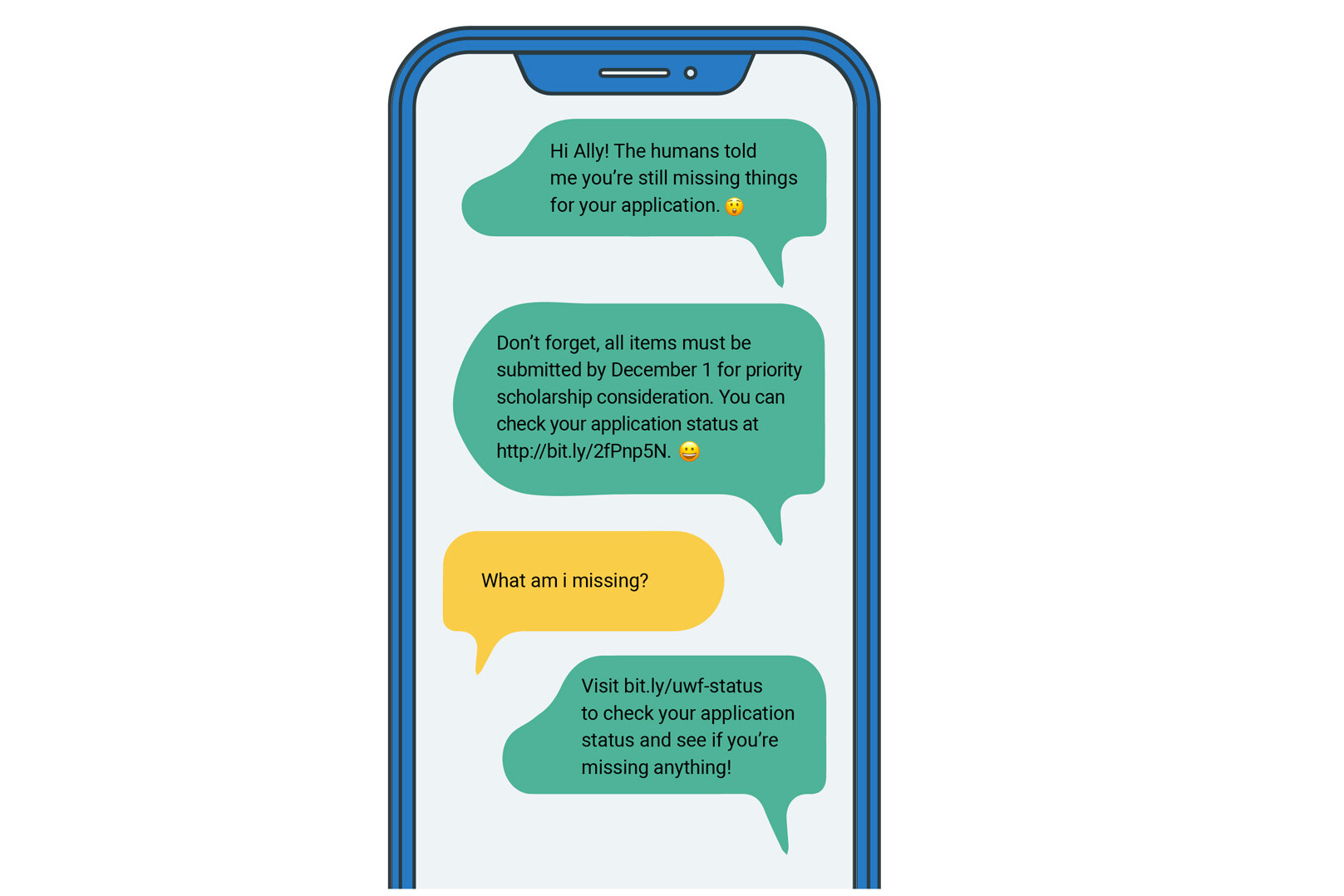Come Out Disabled and Proud, Even If You Have a Non-Stereotypical Disability
DISABILITY AWARENESS SERIES:
What do you picture when you think about disability? You probably envision a wheelchair user, the literal symbol of disability plastered on parking spots and bathroom doors. Kathleen Bogart discusses that disability is much broader than most people think.
Accessibility is a Social Right
DISABILITY AWARENESS SERIES:
While the ADA can be harnessed to carve out physical or digital access where it doesn’t exist, they cannot be used to change behavior from something that upends ordinary social access and norms of community. Peter Slatin discusses that without social accessibility the ADA will remain a half-measure.
Harvard, Disability, and Belonging
DISABILITY AWARENESS SERIES:
As one of the world’s leading universities, Professor Michael Ashley Stein, co-founder and Executive Director of the Harvard Law School Project on Disability, discusses how Harvard has the opportunity as well as the responsibility, to lead in disability-inclusion.
The Future of Cultural Diplomacy
Carla Dirlikov Canales discusses how cultural diplomacy is one of the oldest and most important tools of statecraft. Often referred to as “soft power,” a phrase coined by University Distinguished Service Professor Emeritus Joseph Nye, the power of culture offers the ability to create connections and persuade in a way that may advance national interests more effectively than traditional diplomatic and geopolitical means.
Trump-to-Biden Swing Voters Act as Policy Weather Vane
Think about the atypical person who voted for Barack Obama in 2012 and Donald Trump in 2016. Then consider a different flavor of atypical: the person who voted for Trump in 2016 and flipped to Joe Biden in 2020. In partnership with the Schlesinger Group, the author’ firm, Engagious, has spent the last two years conducting monthly focus groups with these swing voters.
Make America Tolerant
It is time that our federal government earnestly seeks to devise a long-term strategy to rid this nation of racial discrimination. Peter Williams discusses how we must develop a cradle-to-grave strategy for establishing a racially tolerant and antiracist society through education and legislative and regulatory change.
Insights on Leading Education During the COVID-19 Pandemic
A conversation with Harvard Graduate School of Education Professor Fernando M. Reimers on successful innovations and positive strategies employed by education leaders during the COVID-19 pandemic.
The Time is Now for New York State to Commit to Reduce Child Poverty
A conversation with the Schuyler Center for Analysis and Advocacy, a leading New York State policy analysis and advocacy organization working to shape policies to improve health, welfare, and human services for all New Yorkers, especially those who are disenfranchised.
The Social Impact of UMBC: A Journey Over Three Decades
Reflecting on three decades of social impact work on the University of Maryland Baltimore Country campus and in the community, President Freeman Hrabowski, Peter Henderson, and Anthony Lane recognize the wide-ranging benefits of this engaged, solutions-oriented approach to education and community building.
Time for Transparency: A Post-COVID America Where Employers Report Wage Data by Gender and Race
COVID-19 RECOVERY SERIES:
As with all complex economic and social inequality in America, the path to achieve wage equity has engaged thousands of activists, scholars and public servants. Yet few employers, some only after settling racial and gender discrimination lawsuits, have publicly supported wage equity efforts. Evelyn Murphy discusses the need for transparency and accountability to achieve gender equity.
COVID-19 and Climate Change: A True Public Health Crisis
COVID-19 RECOVERY SERIES:
A conversation with Dr. Renee N. Salas, Affiliated Faculty at the Harvard Global Health Institute (HGHI) and a Yerby Fellow at the Center for Climate, Health, and the Global Environment (C-CHANGE) at the Harvard T.H. Chan School of Public Health, about how climate action needs to be seen as a prescription for better health and achieving health equity.
Next Steps in Our Post-COVID Political World: A Blueprint for Blue-State Organizations
COVID-19 RECOVERY SERIES:
In our post-COVID, post-Election 2020 world, political organizations headquartered in blue states owe it to fellow citizens to invest in red states and purple states. We must build genuine common power.
An Equitable Economic Recovery Post-COVID Needs Inclusive Small Business Entrepreneurship
COVID-19 RECOVERY SERIES:
To truly ensure economic racial justice and a more equitable recovery post-COVID, we need to help existing and would-be BIPOC entrepreneurs. Gail Goodman discusses how inclusive entrepreneurship is a powerful tool for battling income inequality and workforce displacement.
COVID-19 as a Catalyst for Change in the Move Towards Net Zero Emissions
COVID-19 RECOVERY SERIES:
A conversation with Dr. John M. Reilly, a Senior Lecturer at the Sloan School of Management, and Co-Director, emeritus of the MIT Joint Program on the Science and Policy of Global Change. As an energy, environmental and agricultural economist, he has focused on understanding the contribution of human activities to global environmental change and the effects of environmental change on the economy and society, and solutions to the threats of global environmental change.
Young People Leading the Way to Find Light in the Darkness of the Global Pandemic
COVID-19 RECOVERY SERIES:
While acknowledging the profound impact of the COVID-19 pandemic on young people, educators, non-profit leaders, mental health experts, young people, and education researchers share stories of hope, strength, and resilience from the work children are doing to lead the way to recovery in communities around the world.
Avoid Water Stress By Utilizing a Circular Economy Model
Our present day water situation is the result of human negligence and behaviors that have destroyed this natural resource. Michelle A. Urrea Vivas discusses how the scarcity of water, its over-exploitation, contamination by industrial, commercial, agricultural, and residential activities evidences how inefficiently and unsustainably this resource has been handled, to date.
Emergency: How The COVID-19 Disruption Can Lead To Better Healthcare, If We Want It To
The COVID-19 pandemic has disrupted the nation’s health and the effective delivery of care. It has cost lives. Joe Mandato discusses five points for what the post-pandemic, patient-centric healthcare sector strategy might look like.
Using Artificial Intelligence to Navigate the New Challenges of College and Career
Even before the outbreak of COVID-19, the path to economic opportunity in the United States has become less clear as workers’ careers have taken increasingly non-traditional routes. Mike Meotti and Drew Magliozzi paint a compelling portrait of how technology can carve new tracks and create new ways of working.
An Energy Manifestation Model as a Bridge to Social Impact
Many social entrepreneurs have a vision, a passion for social impact that often never gets off the ground. An energy manifestation model can help avoid the common pitfalls of losing sight of the original vision and changing course. Donna Wing discusses a practical application of the model to bridge social impact through an applied example from her own social entrepreneurship project.
Never Again: When it Comes to Sheltering those Experiencing Homelessness, We Cannot Go Back to the Way Things Were
Facing consistently overcrowded facilities, Joe Finn discusses how shelter providers recognized that they had an impossible choice: should they deny shelter to individuals in need, subjecting them to the risks associated with cold weather exposure, or continue to allow them into shelters where they would be susceptible to COVID-19, a quickly spreading and often deadly virus?




















